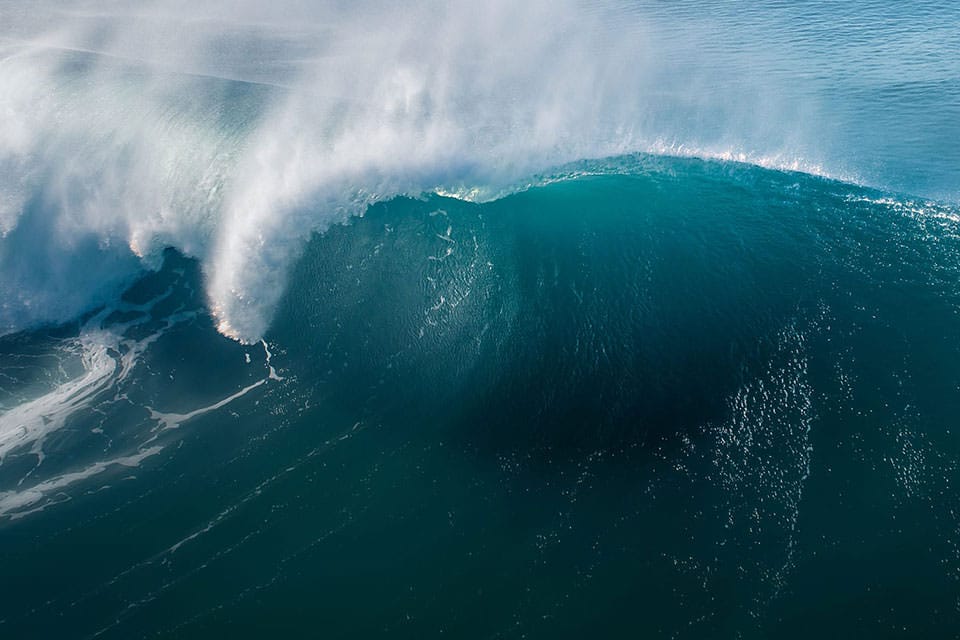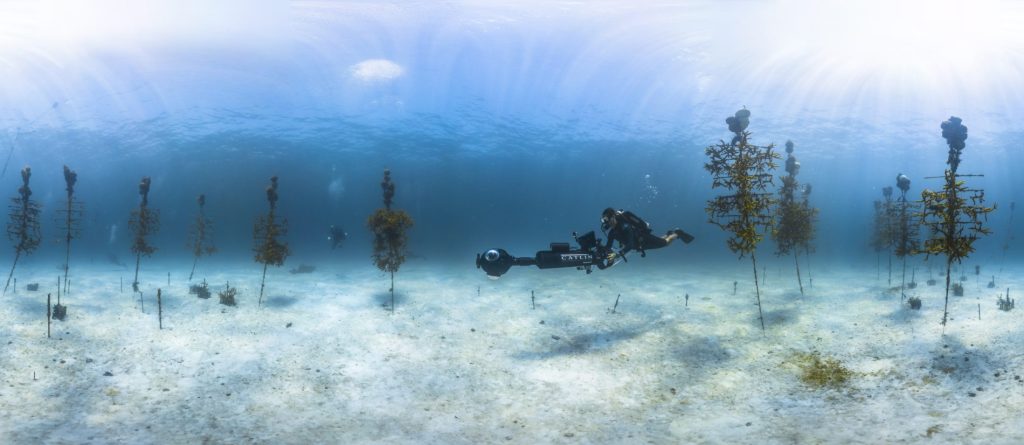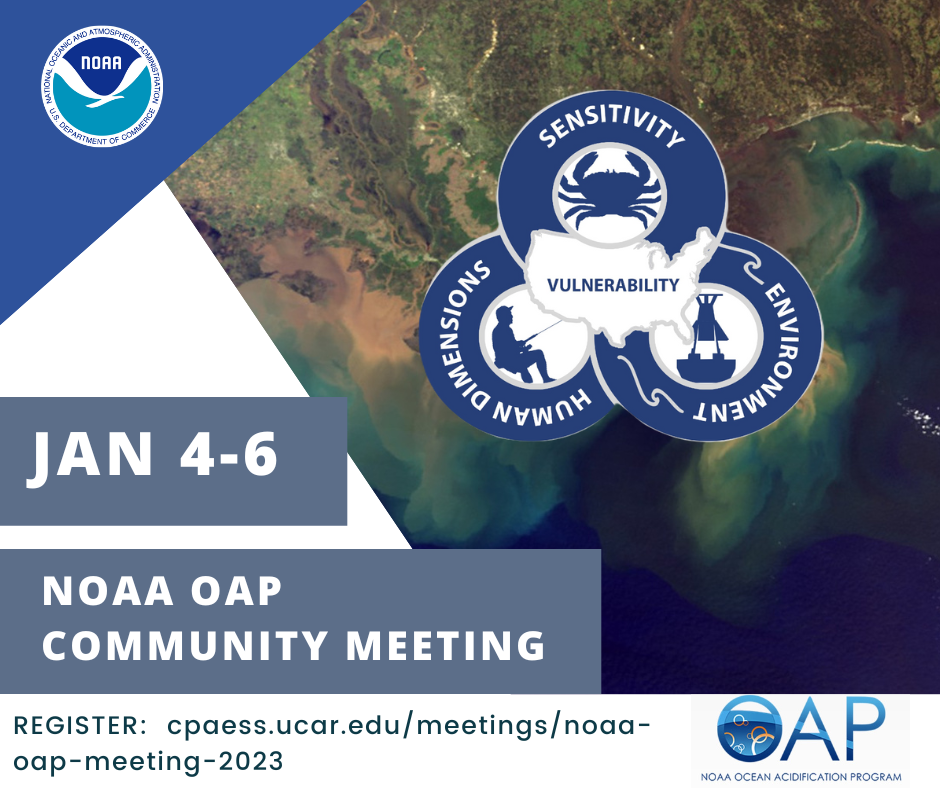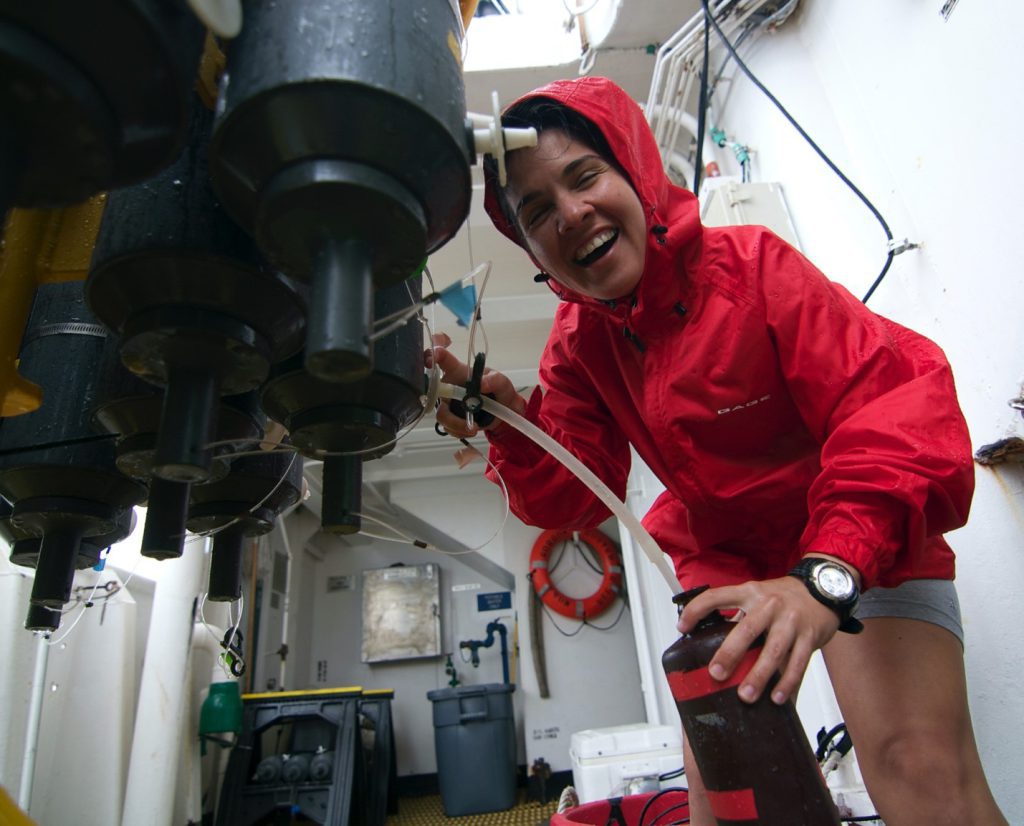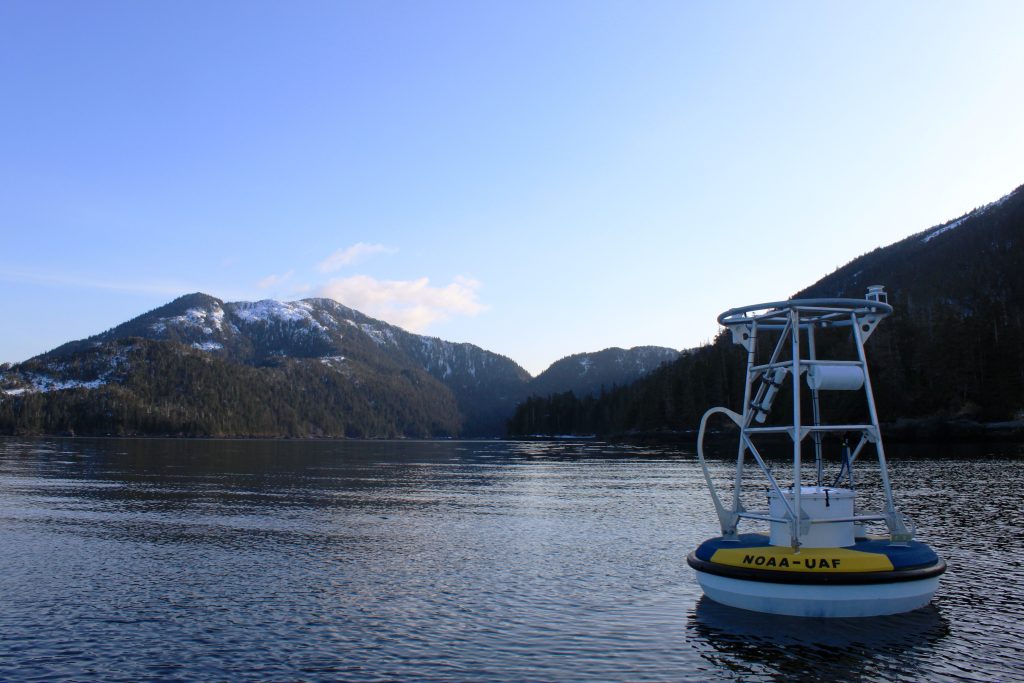Announcing fellowship to build ocean acidification workforce
The Mid-Atlantic Coastal Acidification Network (MACAN) announces a fellowship that will provide an immersive, real-world learning opportunity while also helping build diversity within the field of ocean and coastal acidification (OCA). This fellowship intends to build on the activities outlined in the MACAN 2022-2024 Workplan. This fellowship is designed to first advance OCA education in formal, […]
Announcing fellowship to build ocean acidification workforce Read More »
